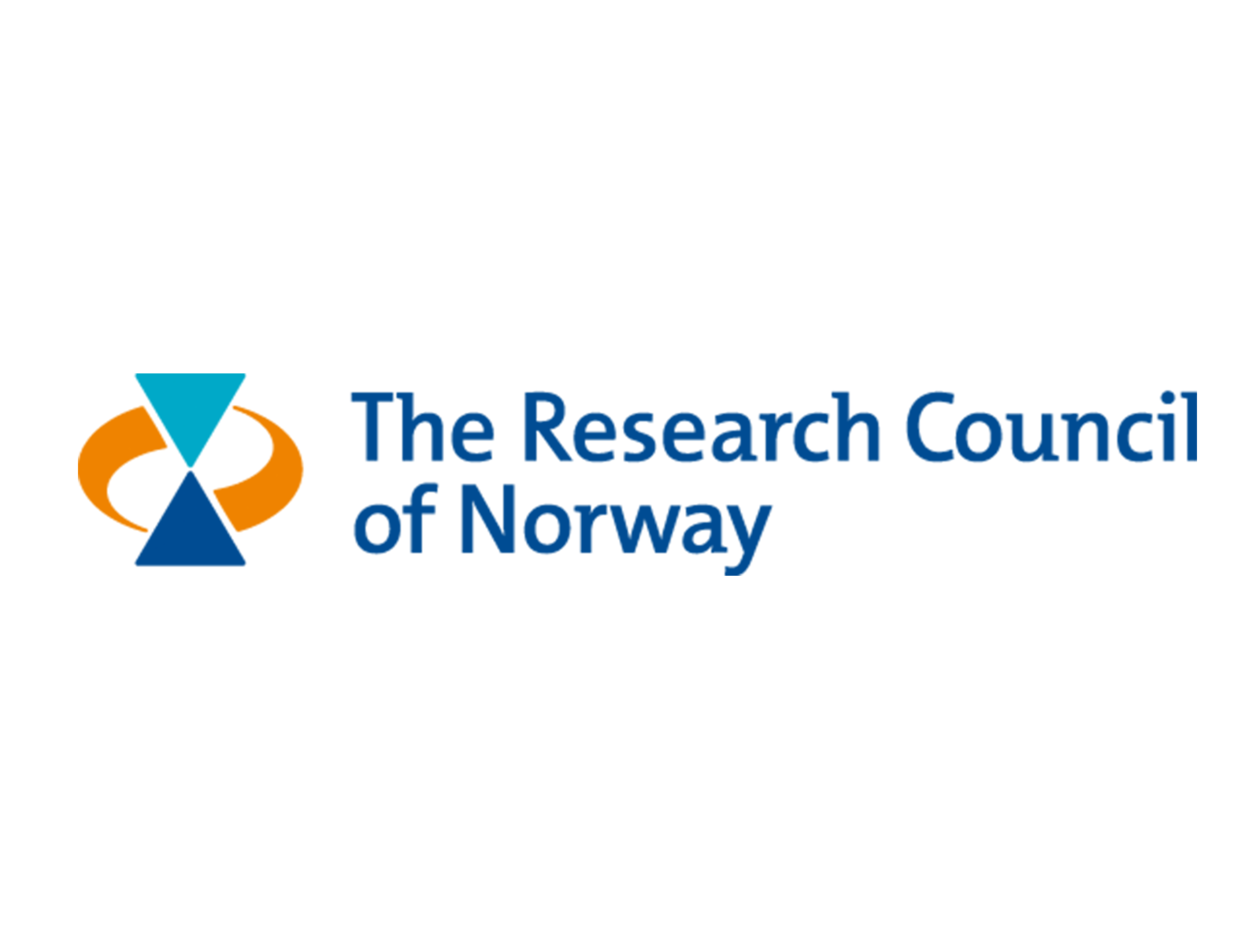About the Project
The WAIT project uses theories of temporality and the concept of 'waitinghood' as tools for producing new and critical insights into the cultural conditions and implications of migration.

Main content
The WAIT-project focuses on the temporal aspects of migration and investigates how temporal structures related to irregular migration are shaped by legal regimes, cultural norms and power relationships, and how they shape subjective experiences and life projects. By focusing on temporality and ‘waitinghood’ the research can add importantly to dominant spatial approaches in migration studies, and that a migration focus can advance existing theories of time. The project scrutinizes ‘waitinghood’ in four European migration-hubs: Oslo, Stockholm, Marseille og Hamburg.
The WAIT-project aims to produce knowledge that:
- meets societal challenges raised by new migration patterns
- adds a temporal perspective to dominant spatial approaches in migration studies
- advances theories of temporality in the humanities and social sciences
Waitinghood
The project uses theories of temporality and the concept of 'waitinghood' as tools for producing new and critical insights into the cultural conditions and implications of migration. Waitinghood is not about the everyday forms of waiting that we all experience in modern societies, but about the condition of prolonged waiting, uncertainty and temporariness which is characteristic of irregular migration. Waitinghood is also about the ways in which migrants encounter, incorporate and resist such socially produced conditions.
Why study the temporalities of migration?
Military conflicts, increased poverty rates, drastic climate changes and rapid population growth, suggest that the current increase in migratory movements towards Europe – the said refugee-crisis - is not a temporary exception. With stricter migration laws and intensified border control, the number of migrants who travel and stay without proper authorisation from the state is likely to increase. As patterns of migration change, new research approaches are needed. Migration has generally been studied as a spatial process, while migration's temporal aspects, has received much less attention. Waitinghood in migration is likely to adversely affect migrants' physical and mental health as well as their integration into society. More research about the effects of waitinghood is needed.

